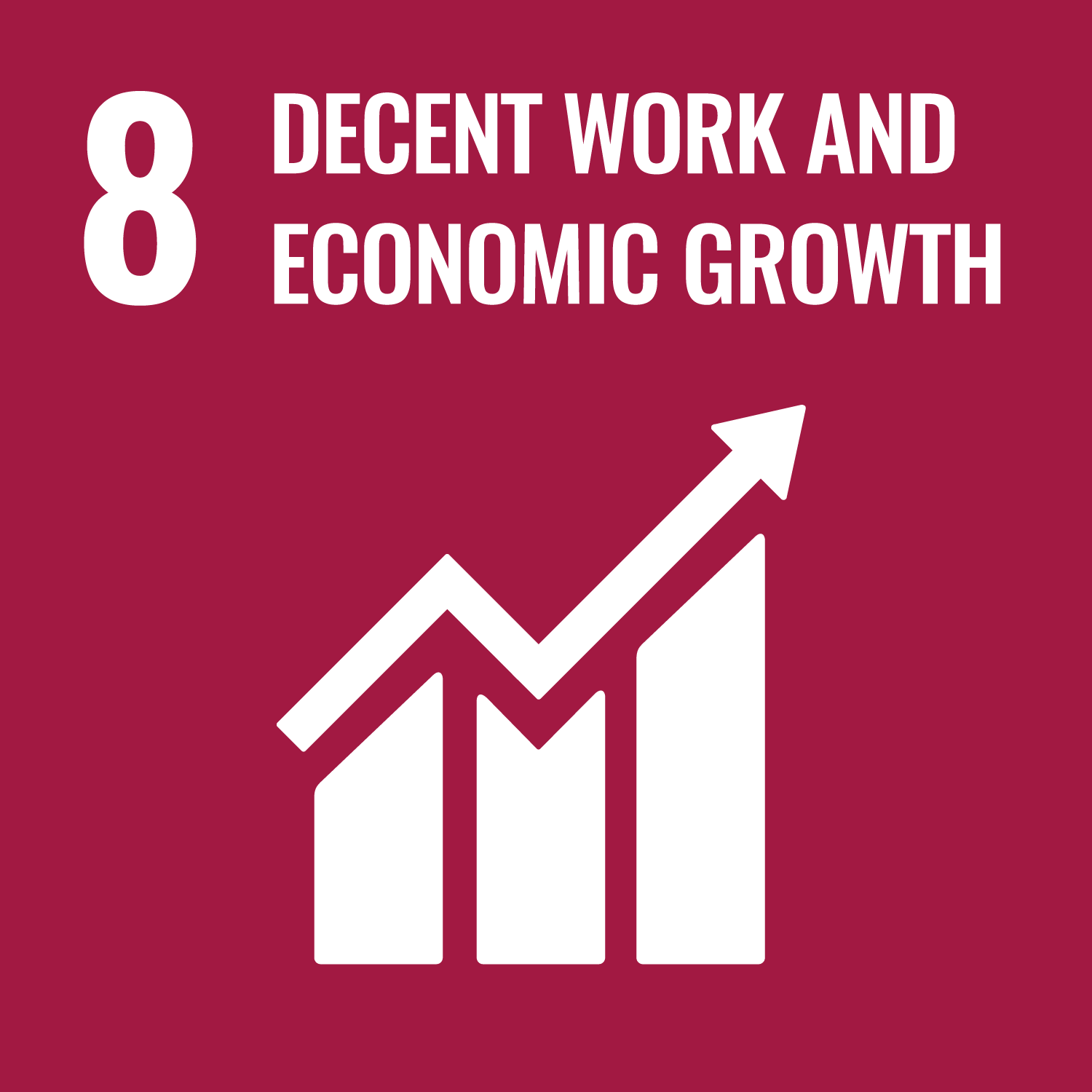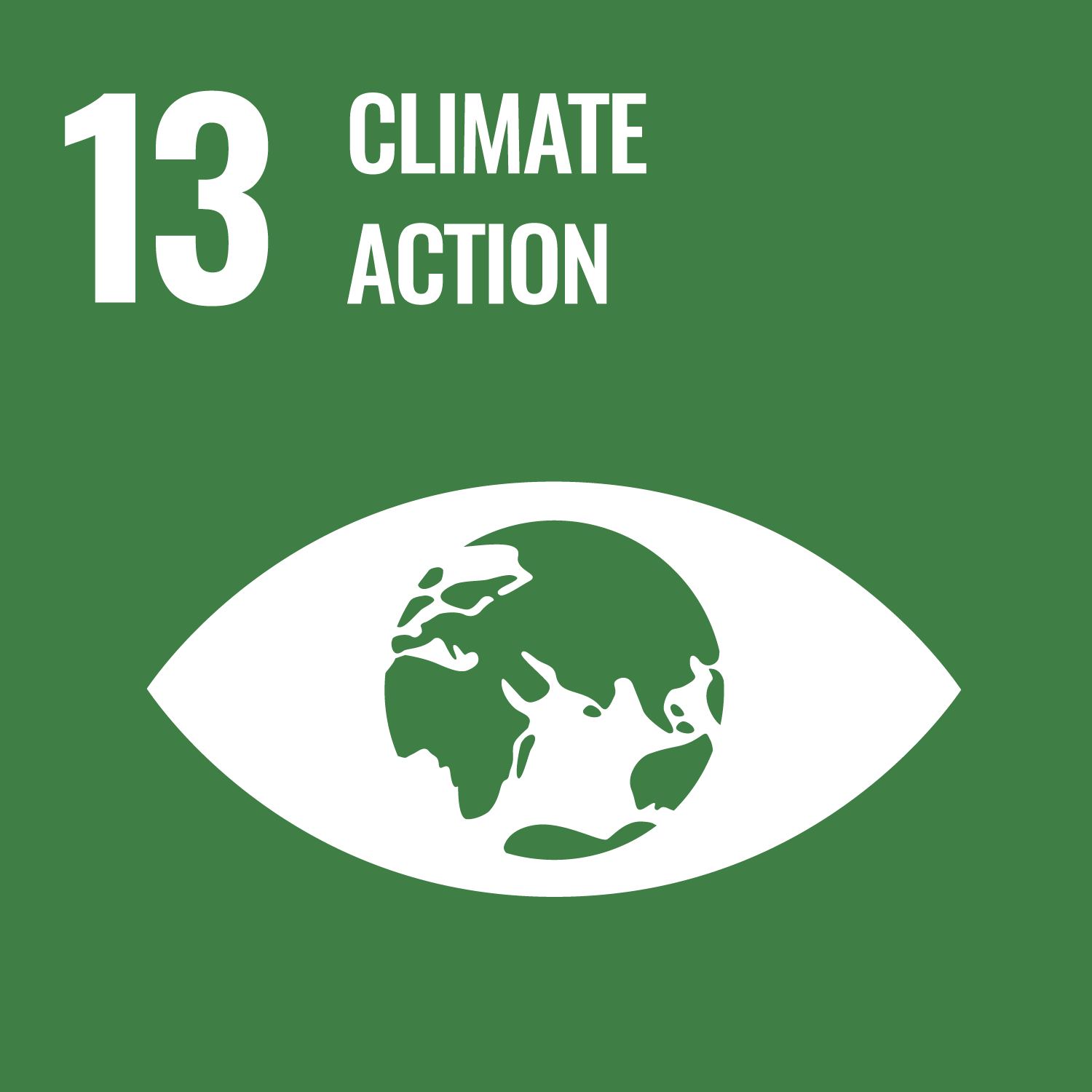Abstract
© 2017 Elsevier Ltd Building on critical community resilience studies, this study analyses the resilience of the village of Vent, a remote mountain community in the Austrian Ötztal valley challenged by slow-onset disturbances such as climate change, outmigration of young people and the repercussions of the post-2008 recession. A conceptual framework which focuses on how well economic, social, cultural, political and natural domains are developed within a community, is used as the conceptual springboard to assess the resilience of Vent. The study highlights that Vent is facing substantial resilience challenges and that the community is particularly vulnerable (weak resilience) with regard to the political and natural domains, is only moderately resilient in economic and social terms, and that only the cultural domain emerges as strongly resilient. Overall, Vent is, at most, moderately resilient in the face of continuing and future shocks/disturbances. The study interrogates current resilience frameworks and suggests that an approach based on the five resilience domains provides a richly textured framework for understanding the subtleties of resilience pathways, all the while acknowledging that obtaining a relatively complete picture of resilience is easier in small (and geographically bounded) communities.
DOI Link
Publication Date
2018-01-01
Publication Title
Land Use Policy
Volume
71
ISSN
0264-8377
Acceptance Date
2017-12-07
Embargo Period
2020-12-21
First Page
372
Last Page
383
Recommended Citation
Wilson, G., Schermer, M., & Stotten, R. (2018) 'The resilience and vulnerability of remote mountain communities: The case of Vent, Austrian Alps', Land Use Policy, 71, pp. 372-383. Available at: 10.1016/j.landusepol.2017.12.022



